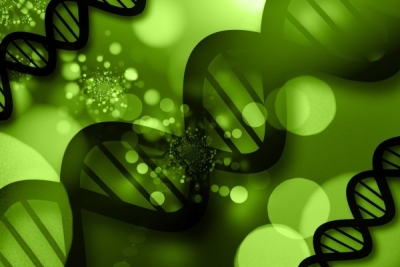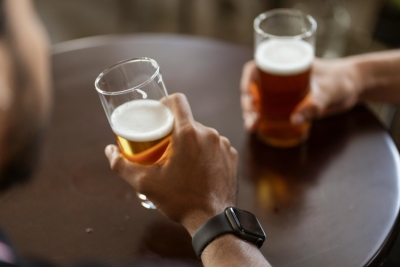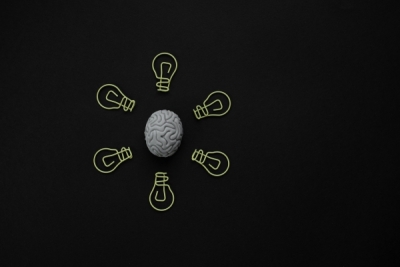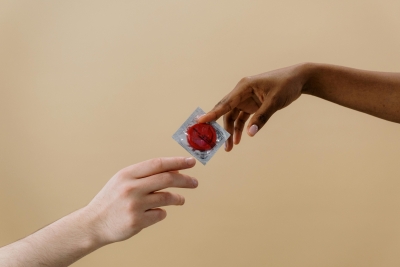Increasingly, health professionals are recommending the practice of physical activity as one of the ways to fight, prevent and treat harmful alcohol consumption and alcoholism. Sports and alcohol consumption are considered opposite activities. This happens because alcohol consumption can damage physical performance, and this worsening can be observed before, during and after exercising.
One of the most well-known effects of alcohol consumption is dehydration, a topic already addressed by CISA in an interview with physician Luciana Haddad, who highlights the negative impact of dehydration caused by alcohol in addition to that which naturally occurs during physical activity. Some studies show that being dehydrated while practicing a sport affects agility, speed and body balance (1,2).
A review of studies on the health of young soccer players shows that this group is particularly prone to having problems with thermoregulation during the game; thus, an excessive increase in body temperature can affect the performance of these young people (3). Still on dehydration, a study with professional soccer players showed that these athletes were below the ideal body hydration level during 80% of the time, considering the moment of arrival at the stadium until after the game (4), even without alcohol consumption. This data shows both the need for greater reinforcement in athletes' hydration and the damage that alcohol consumption can cause to them or anyone who is practicing any sports activity.
Even alcohol consumed the day before can impair sports performance: a recent study pointed out that drinking the day before intensive sports practice negatively affects muscle performance, decreasing strength and increasing fatigue (5).
In addition to impairing sports performance, alcohol consumption can affect the body's recovery after physical activity. A recent literature review points out that, even though alcohol consumption after physical activity does not affect many important parameters of body recovery, cortisol levels tend to increase and testosterone levels tend to decrease, impairing the synthesis of muscle proteins, indicating damage to muscle health in the long term (6).
In general, sports performance is affected by multiple factors. For those who do not give up consuming alcohol and practicing sports, we reiterate the words of Dr. Luciana Haddad, in her interview given to CISA:
“First, never drink immediately before a workout, always take a break of at least one night. Pay attention to water consumption and food when using alcohol. This also applies after the workout: if you want to have an alcoholic drink after training, hydrate enough with water or some other drink with electrolytes, along with the alcohol consumption. So, do not exclusively use alcohol and also pay attention to energy replacement and carbohydrate and protein consumption”.











